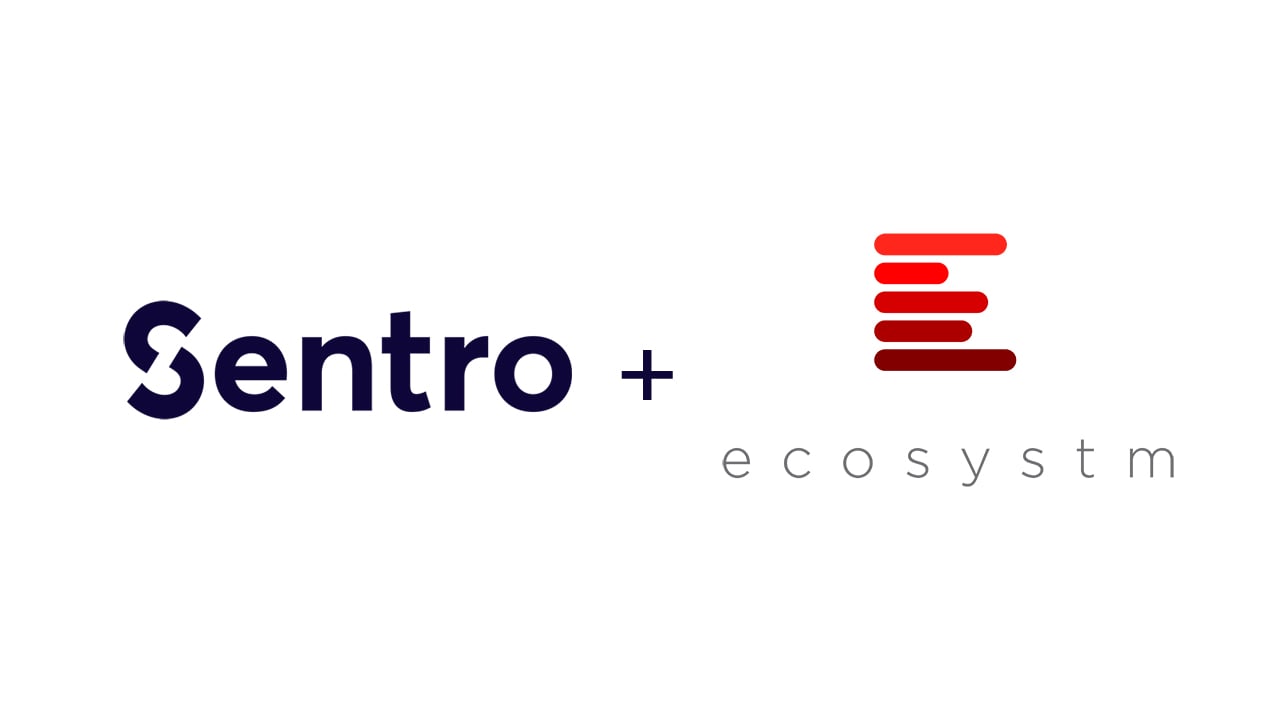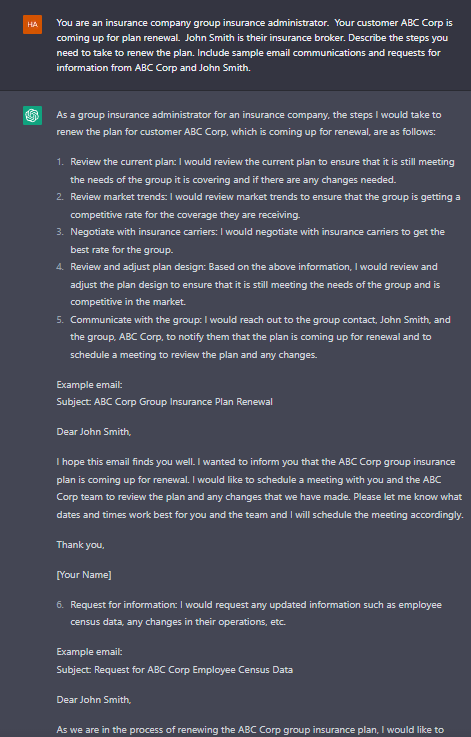Advisers exiting business makes servicing group customers challenging
A couple of news articles caught my eye today.
In New Zealand, Fidelity Life announced that since the introduction of a new licensing regime for financial advisers, they have seen a 28% drop in the number of advisers holding distribution agreements with them. Fidelity's chief sales officer, reflecting on the number of licensed advisers, noted there is “…not enough to meet the demand for New Zealanders’ advice needs".
In Australia, the picture is similarly dire. An Australian Financial Review story predicted that the adviser workforce would halve, driven at least in part by new regulations.
So what does this reduction in advisers mean for the group insurance industry? In simple terms, the link from group insurance customer (the employer) to group benefit provider (the insurer or benefit providers) just got more fragile.
Advisers - the unsung heroes of group insurance administration
The primary role of the adviser is, of course, providing advice. In group insurance, they work with business owners to assess which product is right for the customer, then work with the insurer through a quotation, underwriting and approval process to get the group policy in place.
So far, so good.
However, advisers servicing group plans must also support the insurer and the employer with ongoing changes to the group policy. This includes ensuring that employees are added and removed from the group policy in a timely manner, which involves frequent interaction with the employer and the insurer.
Now here's the dirty little secret in group insurance administration. Getting timely information from employers can be difficult. Group policy updating processes are variable insurer to insurer. Employers will present information in a manner most convenient to their systems and processes, not the insurer's.
So, the burden of working around inconsistent information flows and awkward insurer systems and processes falls to the adviser. They are the ones that have to figure out a workable way to keep the customer account serviced well, with the least amount of administrative pain for themselves.
A lot of this 'workaround' knowhow sits in the heads of financial advisers. So, when all of a sudden, 50% of that adviser workforce disappears, it means that customer service will inevitably suffer. That is, unless systems and processes can improve to offset the manual account servicing work advisers currently provide today.
Insurers and brokers need each other
In group insurance, advisers play an invaluable role in sales reach. It is difficult for insurers to achieve the same reach with a direct sales or self-service sales model. So the group insurer and their broker distribution partners have a shared mutual interest in improving customer account servicing processes. With fewer advisers in the workforce, processing needs to be easier and more efficient for everybody in the group service chain, otherwise customer service will implode.
For the insurer, this means ensuring that their core group insurance policy administration system is very flexible and efficient at processing group plan updates. Can membership updates be processed in bulk? Can policy documentation and member certificates be automatically produced and digitally delivered? Can billing be prorated to avoid cumbersome plan renewal washups and adjustments? Can the policy renewal process be streamlined?
For the broker, this means their choice of where to place new business will increasingly gravitate to the insurers who make it the easiest for them to administer group policies. If fewer advisers overall mean that the advisers who remain have a larger book of business to administer, ease of doing business (including enabling more customer self-administration) will go to the top of their list when they are weighing up which insurer they would prefer to work with.
Customer service matters more than ever
Investing in improving the group insurance administration customer experience is the key to enabling insurers and advisers to cope with the sudden reduction in the adviser workforce.
Sentro is designed with group customer service efficiency in mind. Faster quotes. Faster plan installs. Faster renewals. Bulk information updating. Fully online document generation and distribution. Self-service employee portals. Employer UX to assist with employee updates.
Insurers can support their distribution partners by making group administration as easy as possible. Platforms like Sentro can help everyone make group administration easier to handle.
You May Also Like
These Related Stories

Sentro partners with Ecosystm for international growth

Sentro April 2020 Update - Unmute yourself
